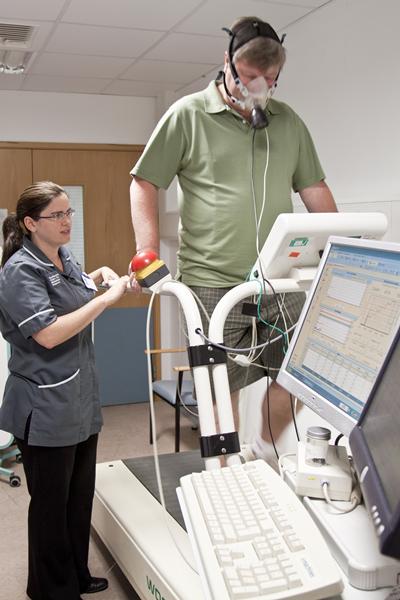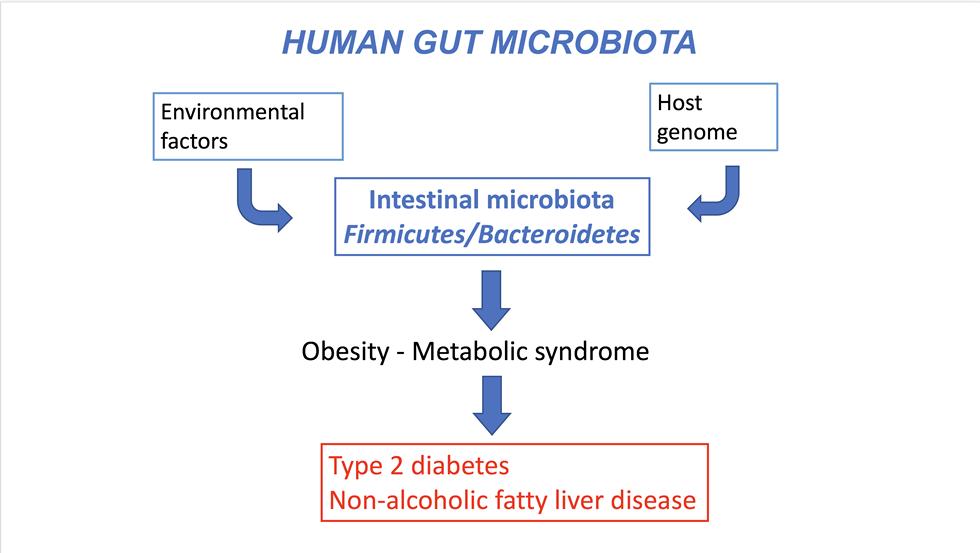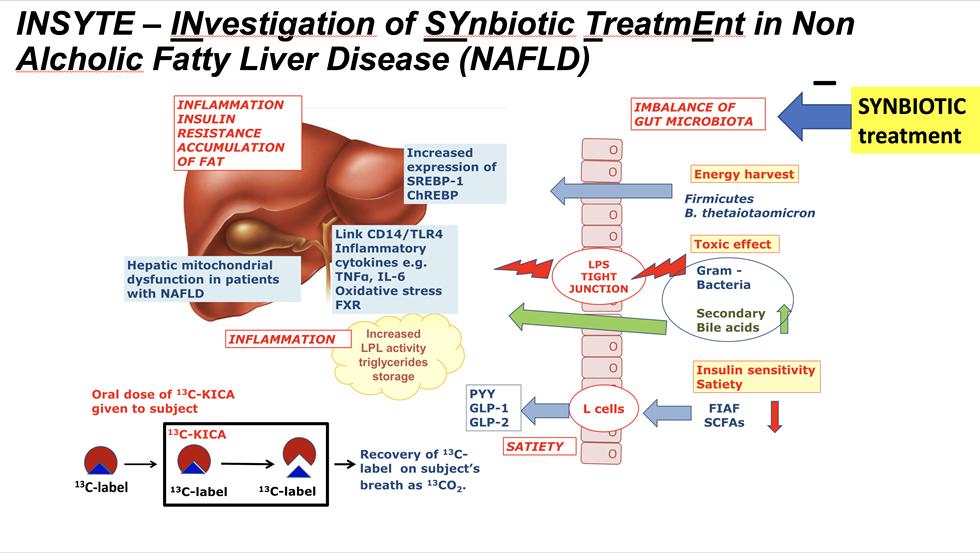Research in the Nutrition and Metabolism group seeks to understand how our diet, specific dietary components, lifestyle or health can affect growth, development, metabolism, and function.
Our aim is to understand how nutrition and metabolism influence the ability to respond to events occurring during the lifecourse. To date this has included studies investigating the response of adults to a high-fat meal, the role of maternal diet during pregnancy, and the effect of nutrients in patients with chronic diseases such as type 2 diabetes, fatty liver disease and vascular disease. The scope of our work covers the full spectrum of nutrition and metabolism research, from looking at changes occurring at a cellular and epigenetic level, through to monitoring effects on clinical outcomes and even behaviour.
Researchers in our group work closely with the National Institute for Health Research (NIHR) Southampton Biomedical Research Centre at University Hospital Southampton, on studies carried out in both healthy volunteers and in patients recruited from clinics. (More detail below)
Through our work, we strive to optimize growth and development, improve health and lower disease risk, and to improve the evidence base needed for translation into public health and clinical practice. Our staff also have key roles in the education of undergraduates and postgraduates on courses aligned with our research including the MSc in Public Health Nutrition and the MSc in Diabetes Best Practice


